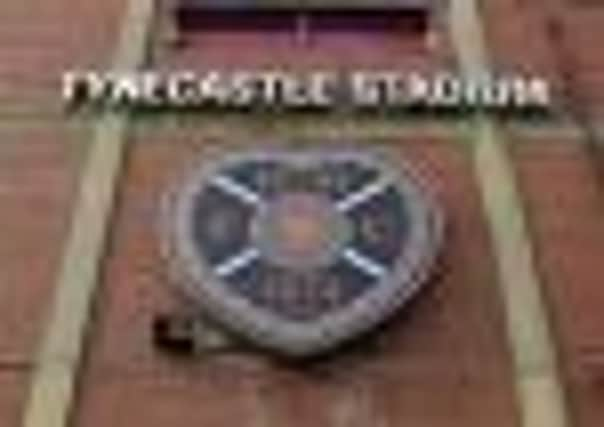Ukio Bankas collapse raises Hearts stadium fears


Ukio Bankas has been declared insolvent this week
following an investigation by a temporary administrator who was appointed last week, leaving Hearts facing fresh financial uncertainty.
The football club is majority owned by Ukio Bankas Investment Group (Ubig), which is separate from Ukio Bankas, and is itself majority-owned by Mr Romanov.
Advertisement
Hide AdAdvertisement
Hide AdThe assets of Ukio Bankas have been separated into two categories; healthy – which have been transferred to another Lithuanian bank, Siauliu – and unhealthy, which have been declared bankrupt.
A floating charge of £6.8 million over Tynecastle was transferred from Ubig to Ukio last year, and may now be in the hands of Siauliu.
If Siauliu seeks to reclaim that debt, and if Hearts is unable to pay, then the bank might attempt to force the sale of Tynecastle – although experts believe this is unlikely in the short term.
It is not even clear if Hearts’ debt to Ukio was £6.8m in total, such is the structure of Romanov’s finances.
Both Hearts and the Foundation of Hearts, a supporters club trying to secure a takeover, were seeking answers yesterday.
Neil Patey, a football finance expert, predicted Ukio’s problems increased the likelihood of a Hearts takeover. “I think these events absolutely increase the financial pressure on Mr
Romanov and his wider business empire, which one could presume would increase his appetite to try and realise his investment from Hearts.
“Does this mean he is more likely to sell? Yes, probably. It certainly does not make it less likely.”
Advertisement
Hide AdAdvertisement
Hide AdMr Patey does not believe that there is an immediate danger
of Hearts being forced to sell Tynecastle.
He said: “The balance of debt is held by Ubig, that’s not in trouble. The floating charge means assets and liabilities have been transferred to another bank. That bank will review all assets and liabilities.
“It is unlikely they will come to Hearts and seek immediate repayment, but maybe they would like to see the debt repaid and will try to negotiate when and how that will happen.”
Much depends on how the floating charge has been structured. But Mr Patey said a similar agreement in the UK would usually give the creditor the power to force the sale of the asset, in this case Tynecastle, if the debtor is not able to repay.
“I don’t think that’s about to happen next week, or next month,” he added.
“But it’s fair to say the bank [Siauliu] will have discussions with Hearts about the debt.”
Hearts declined to issue a new comment yesterday, but confirmed they were seeking further information following Ukio’s demise.
Earlier this month, when Ukio was placed in temporary administration, Hearts director Sergejus Fedotovas insisted that “events in Lithuania will have very little effect on our day-to-day business”.
Advertisement
Hide AdAdvertisement
Hide AdThe Foundation of Hearts, which attempted to buy the club last November, said that Ukio being declared insolvent had “added additional concern to an already challenging and confused situation”.
Foundation chairman Alex Mackie said: “There is a lack of clarity as to the commercial relationships between Ukio Bankas, Ubig and the football club and for our part [as would be the case for any prospective buyer], due diligence dictates that the potential implications for the club have to be clarified.
“We are, therefore – with the support of specialists in this field – examining the financial links between the various entities in order to assess the implications.”